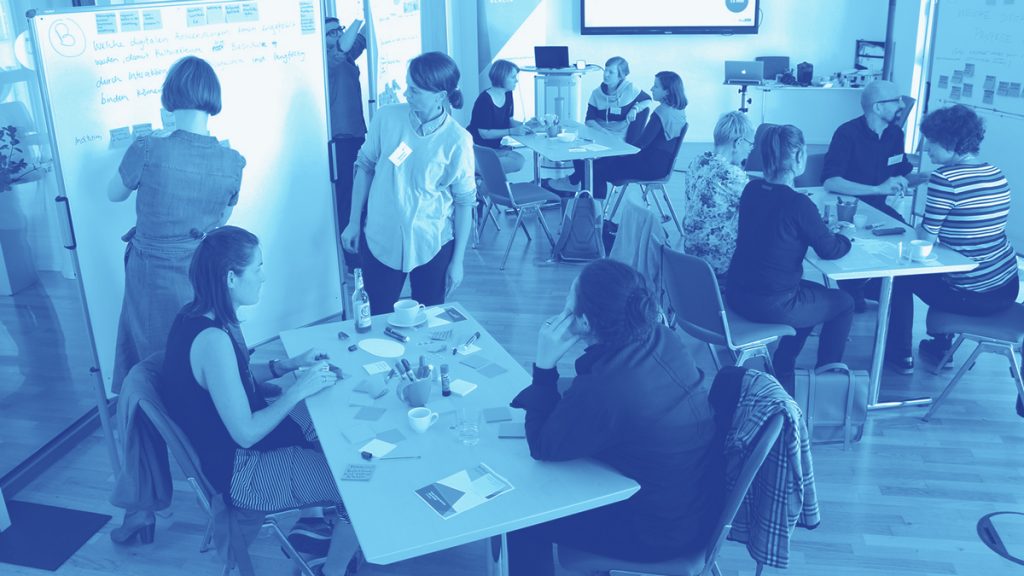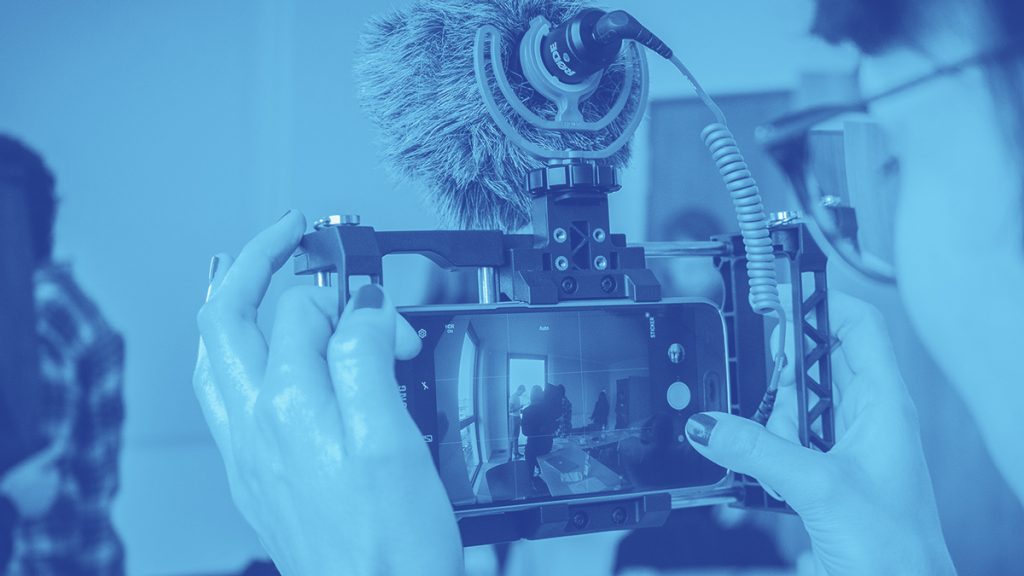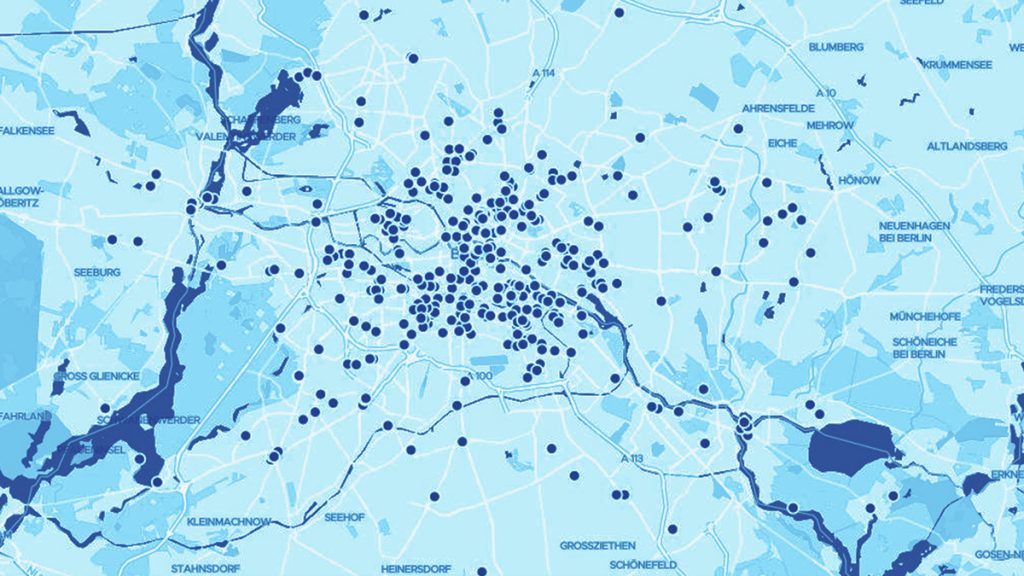kulturBdigital supports the measures implemented by the Berlin State Senate to promote digital development in the cultural sector.
The project is delivered by Technologiestiftung Berlin. Working closely with Berlin’s cultural organisations and freelance artists, we have been promoting digital skills through the provision of information, best practice examples from across the sector, and workshops since 2018.

kulturBdigital Lab is our response to the need expressed by many creatives for more opportunities to exchange on the theme of digital transformation. We offer a regular programme of events on digital methods, formats and technologies.

Our growing online archive contains guidelines, case studies, as well as tips and tricks designed to help navigate the day-to-day business of the digital workplace of cultural professionals.

The Berlin Senate Department established a Funding Guideline for the Digital Development in the Cultural Sector. To ensure that the funding program is tailored to the needs of the community, we have accompanied it since its initialization with input, e.g. through a ‘Needs Analysis on the use of Digital Tools’ (2018) and a ‘Survey of the Digital Infrastructure’ (from 2020-21) in Berlin´s cultural sector.
Our pilot projects have showcased examples of the use of digital technologies developed in workshops with creatives. Core topics include discoverability, networking, and data management.
Berlin has a diverse and vibrant cultural landscape, but one that suffers from a fragmented online presence. The creation of our central data platform is designed to increase the accessibility, findability, and availability of machine-readable event data from cultural organisations. The existence of one central data input location will make life easier for everyone, but particularly for smaller organisations. Find out more
VIKUS Viewer is an open-source application developed by the University of Applied Sciences Potsdam. It arranges thousands of cultural artifacts on a dynamic canvas and supports the exploration of thematic and temporal patterns within large collections. It is easy to customise and provides rapid access to high-resolution imagery based on the availability of digitised databases categorised by keyword. As part of our kulturBdigital Lab initiative, three cultural organisations have already implemented VIKUS Viewer to provide a model for potential users.
As part of a workshop series on video content, kulturBdigital Lab has offered cultural professionals without prior experience with video production the chance to apply for funding to create a professional trailer. Five selected organisations from a range of sectors were paired with a video producer. Together they worked to set objectives and define target groups, devise potential content and develop production and distribution parameters.
How do creatives come together with digital experts to realise digital pet project? Technically, what are the project management challenges involved? Following a selection process, five groups from different cultural sectors and organisations were given the opportunity to implement their projects.
Questions about kulturBdigital? Write to us at kultur@ts.berlin